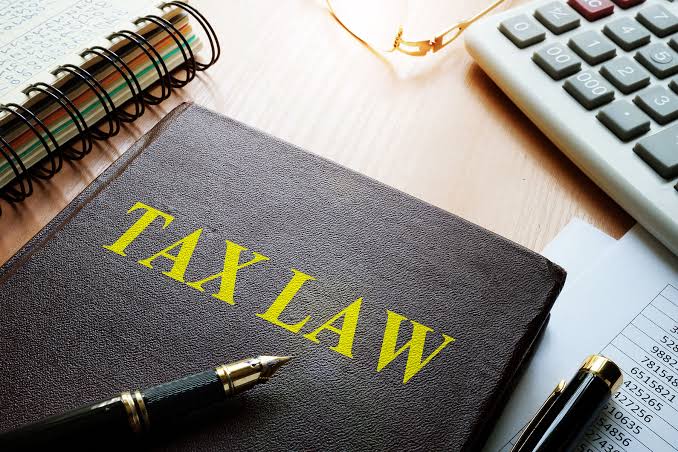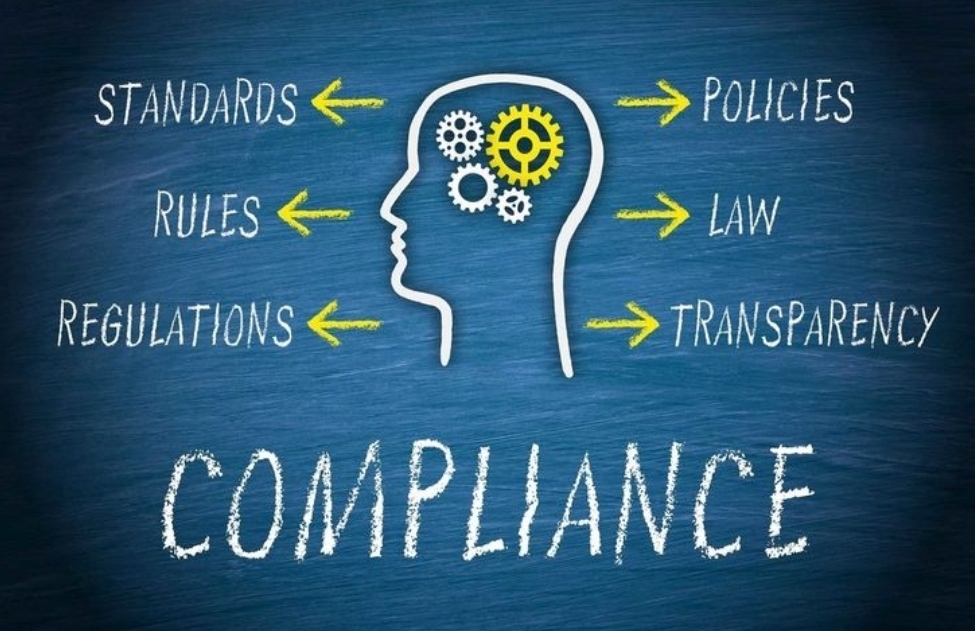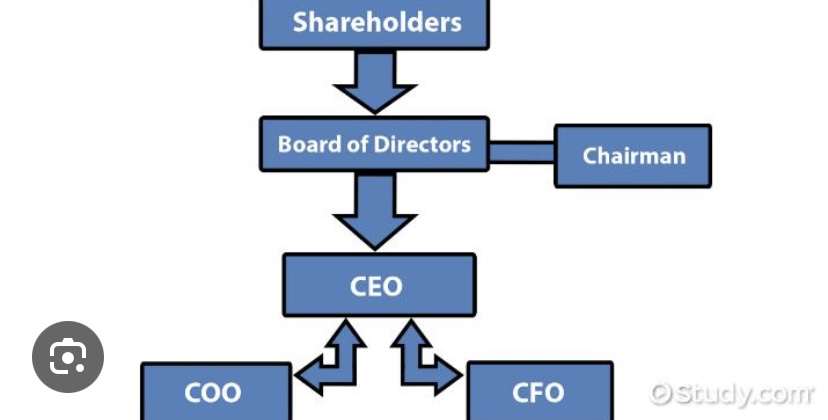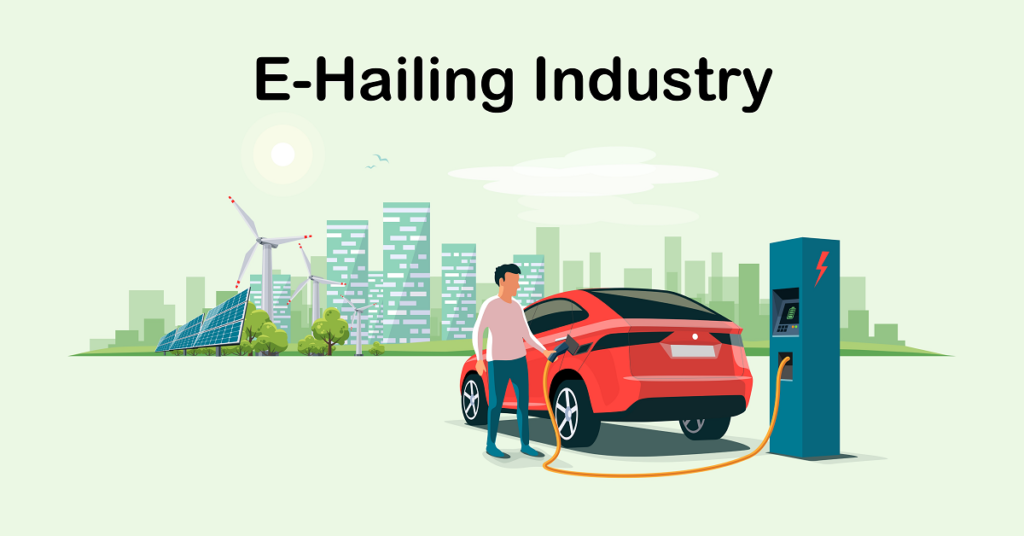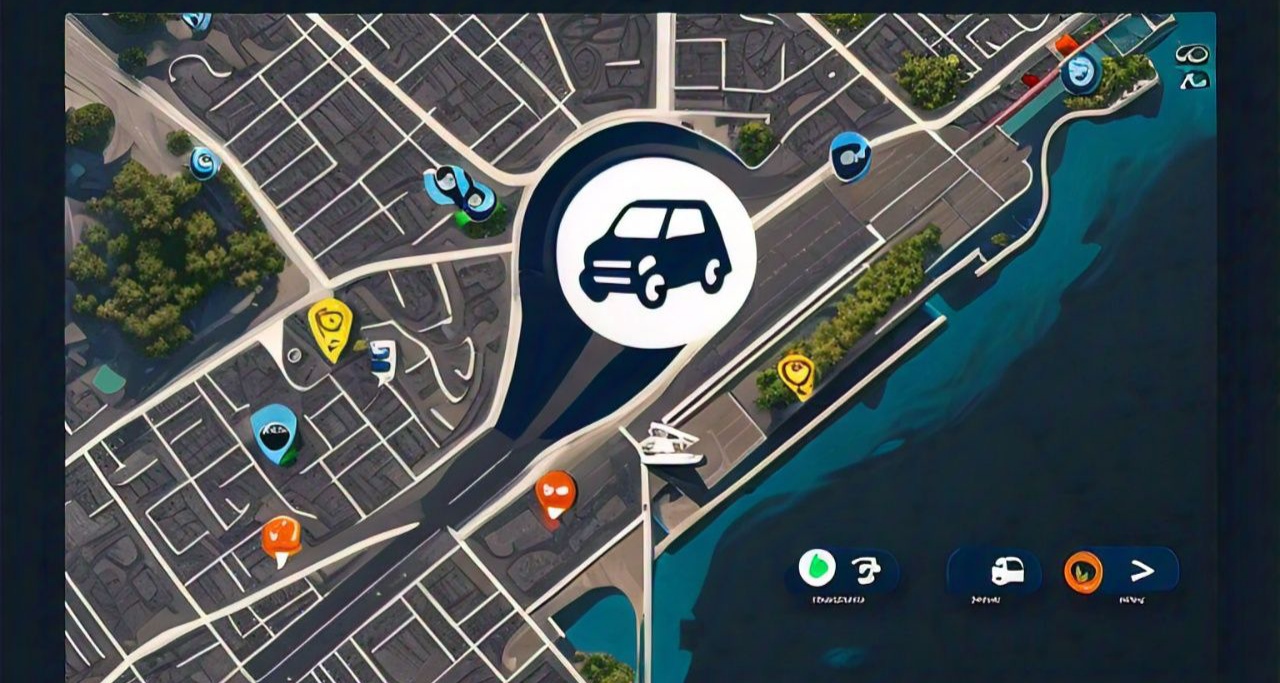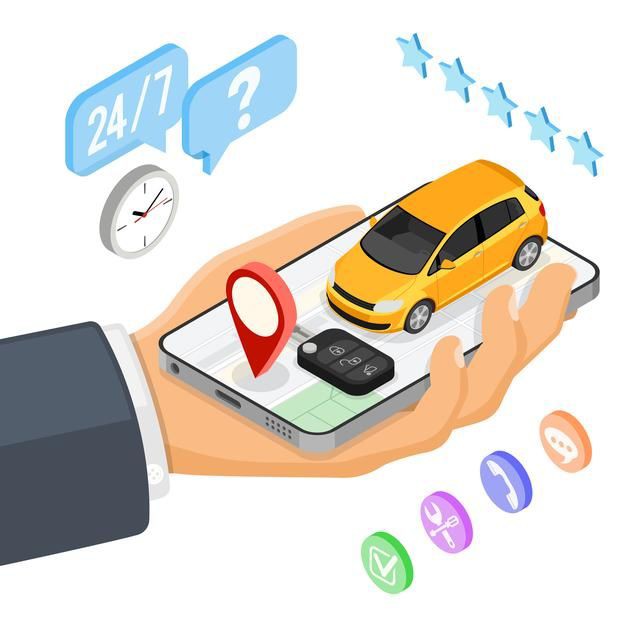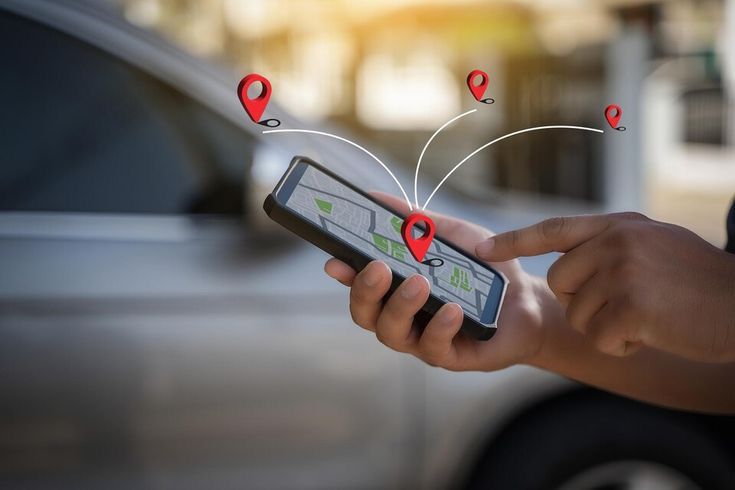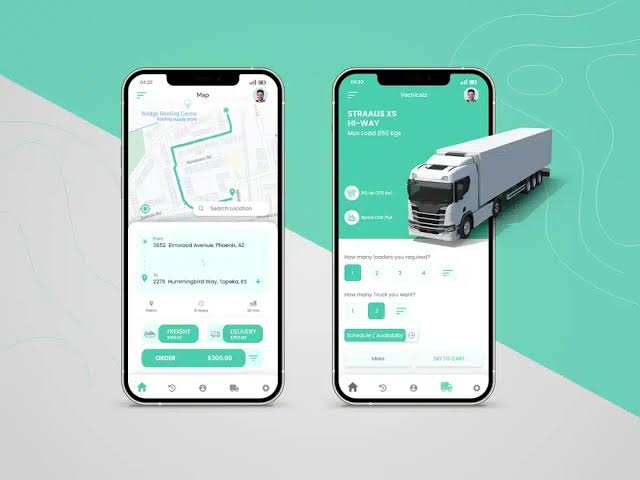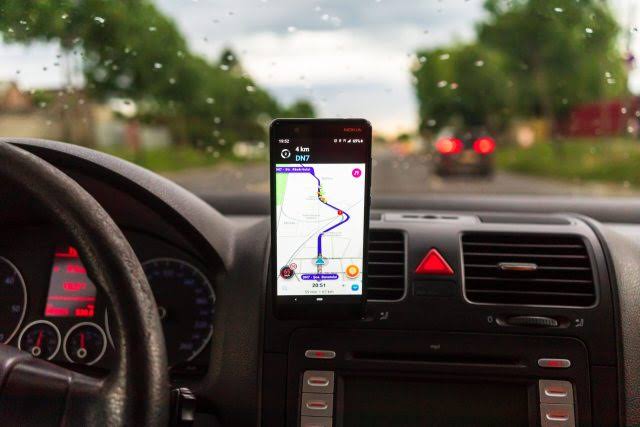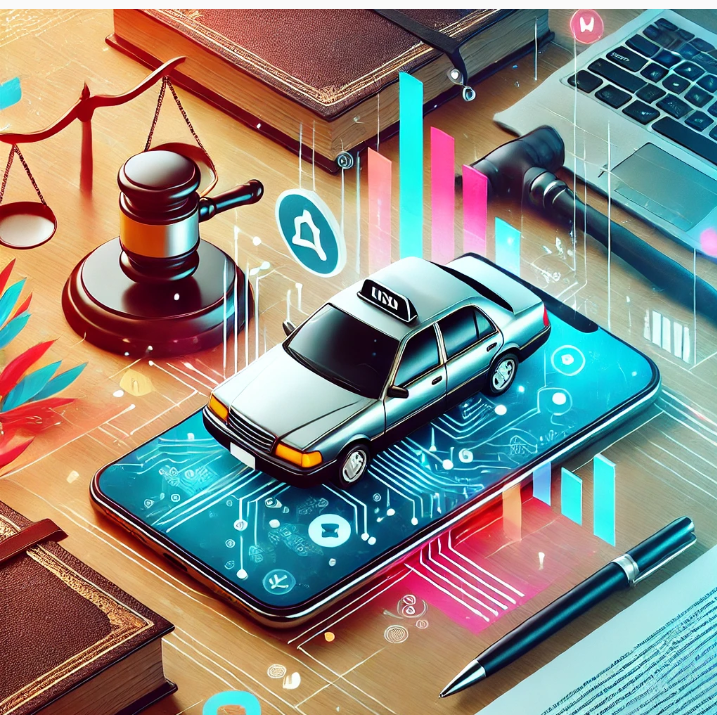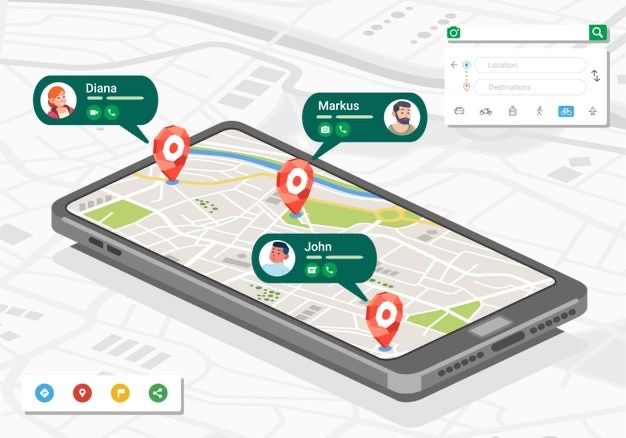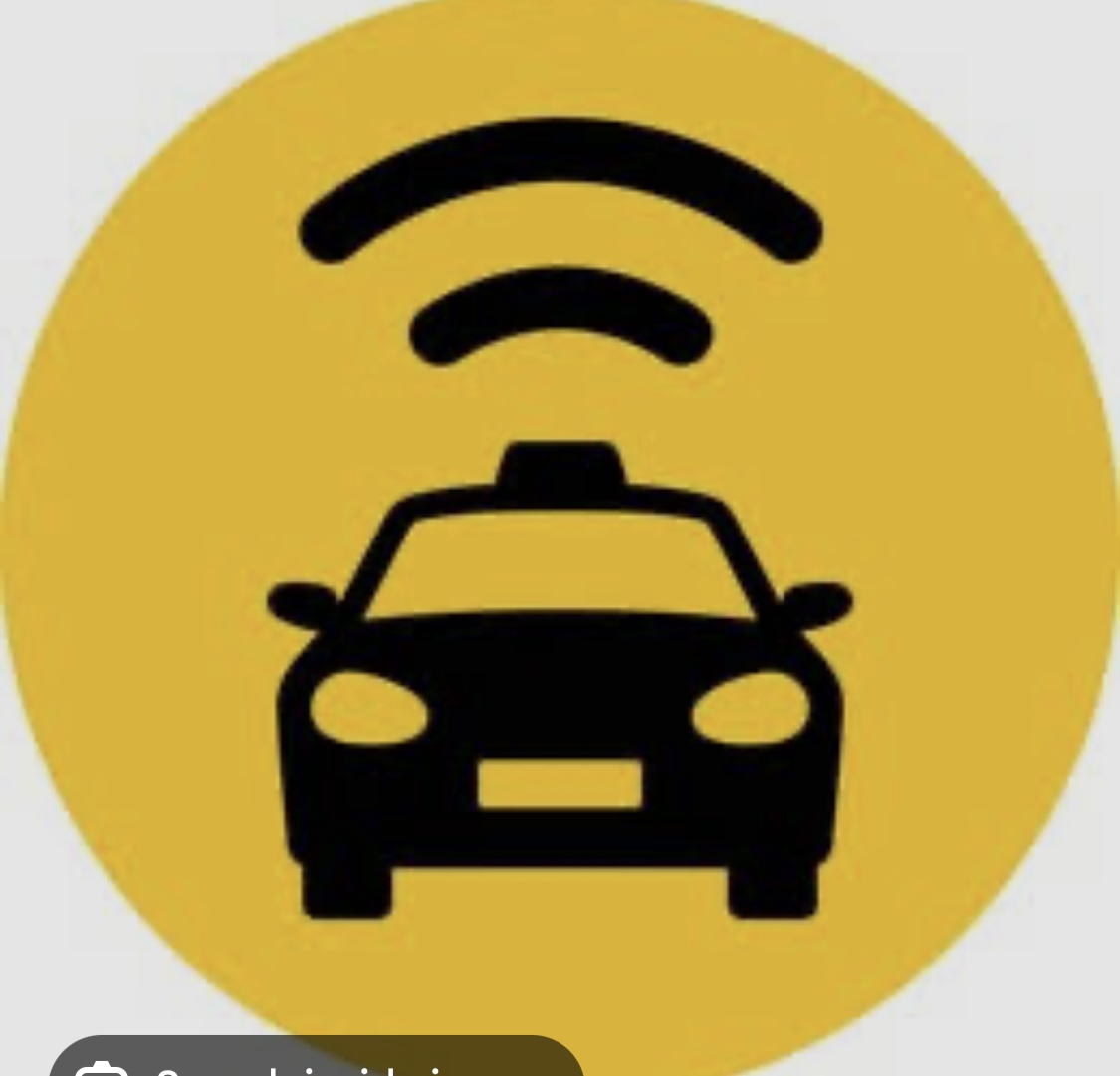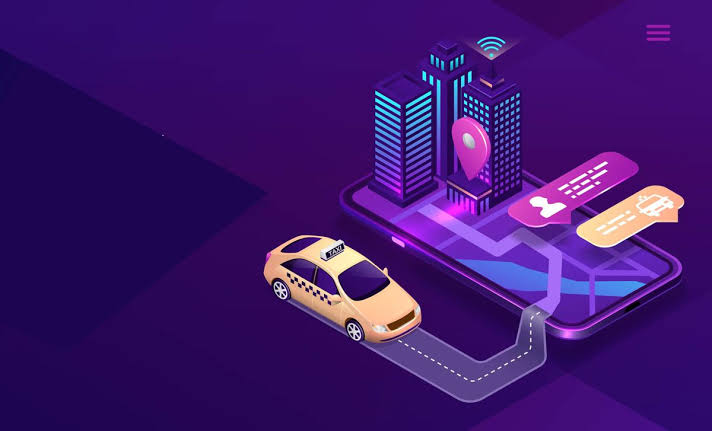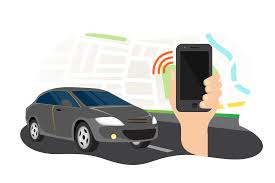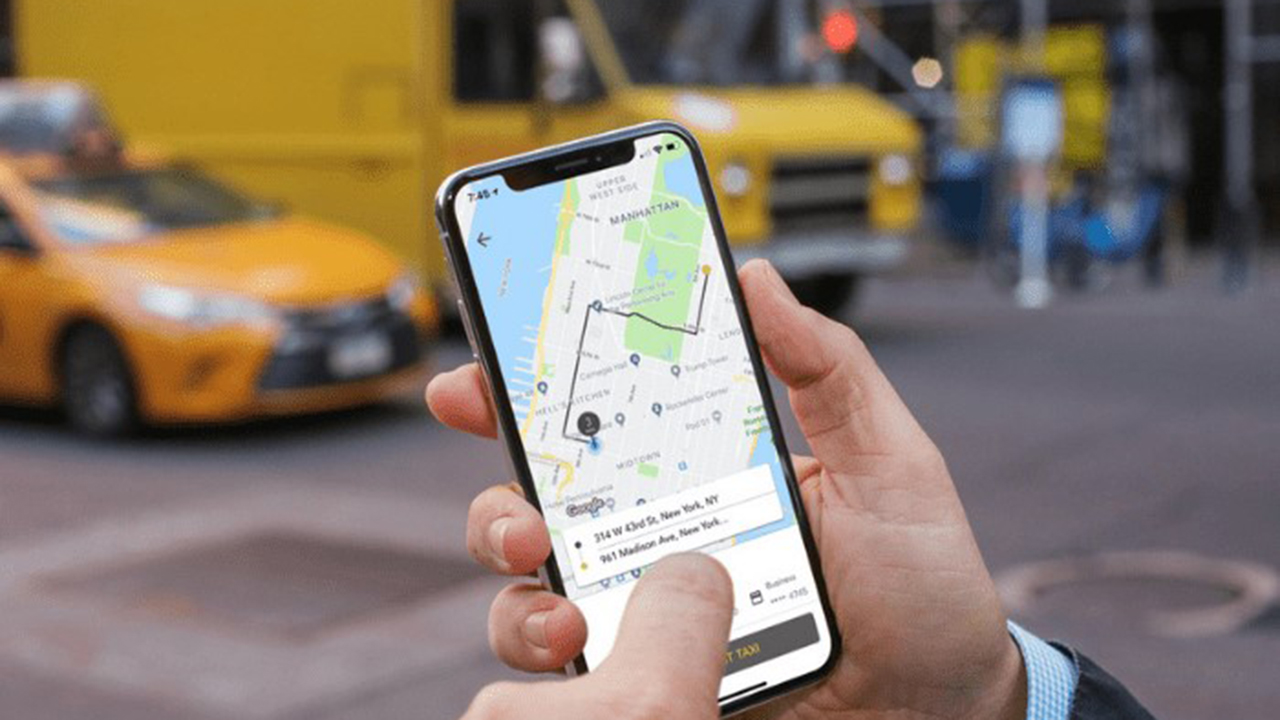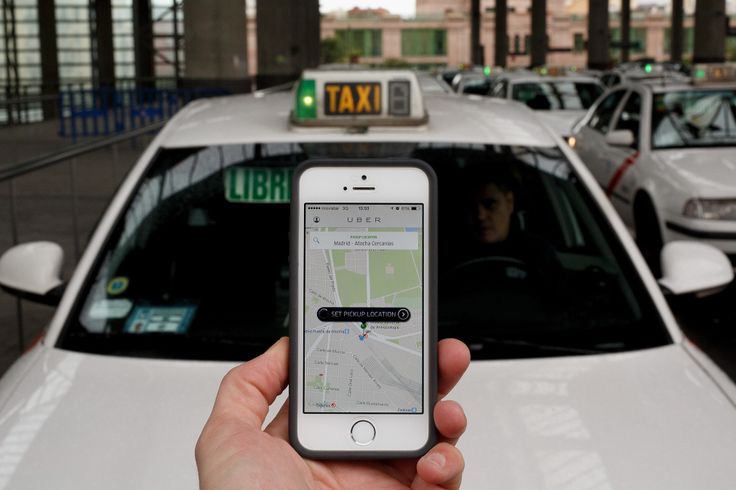
Through smartphone or web-based applications, e-hailing platforms also known as ride-hailing platforms digitally match a passenger in need of transportation services with a driver of a car or other vehicle.
In Nigeria, ride-hailing systems are revolutionizing the method individuals commute and obtain transportation services, marking a noteworthy innovation. By allowing users to conveniently schedule rides straight from their smartphones, these platforms do away with the need for passengers to wait for public transport or wave down taxis. This is especially helpful when time is of the essence. Additionally, a lot of jobs for drivers have been made possible by ride-hailing services, which is good for the economy. Nowadays, a lot of people may make a living by driving for these businesses, which is crucial in a nation with high unemployment rates.
With features like GPS tracking, driver ratings, and in-app communication, ride-hailing systems also improve safety and security. Comparing these characteristics to typical taxi services increases passenger safety and gives passengers a sense of security while they travel. A further possibility is for these platforms to offer services beyond trips; they can handle logistics, distribution, and even joint ventures with other companies.
Although there are many benefits to launching a ride-hailing business in Nigeria, there are also legal and regulatory challenges that need to be carefully considered. In order to help entrepreneurs who want to create an e-hailing business in Nigeria, this article examines some important legal factors, while answering the following questions:
- What type of business structure is most suitable for an e-hailing tech startup in Nigeria?
A business structure refers to the legal framework that defines how a business is organized, governed, and operates. It determines various aspects of a business, including its ownership, liability, taxation, and management responsibilities. Common types of business structures include, sole proprietorship, partnership, limited liability company, nonprofit organization, corporation.
For an e-hailing startup, a Limited Liability Company (LLC) is the most suitable option. A limited liability company (LLC) is a type of business structure that combines aspects of both corporations and partnerships, offering flexibility in management and taxation while protecting owners from personal liability for the company's debts and obligations.
Important Features of a Limited Liability Company (LLC) :
- Separate Legal Entity: A limited liability company (LLC) is a distinct legal entity from its owners. That means it can possess property in its own name, sue or be sued, and enter into transactions.
- Limited Liability Protection: Generally speaking, members of an LLC are not held personally responsible for the debts or legal obligations of the firm. Their responsibility is often capped at what they contributed to the business.
- Flexible Management: LLCs provide for more flexibility in management than corporations, which are mandated to have a board of directors. The members themselves or designated managers may be in charge of them.
2. What specific legal requirements and regulations should the startup comply with?
To legally operate an e-hailing service in Nigeria, you must comply with:
- Corporate Affairs Commission (CAC): In order to operate as an LLC, the startup needs to register with the CAC. After fulfilling certain requirements and submitting required documentations the startup will receive a certificate of incorporation.
- Nigerian Data Protection Regulation (NDPR): Adherence to the Nigerian Data Protection Regulation (NDPR) is crucial for startups that handle personal data, such as names, addresses, and payment details.
- It is essential to abide by state and federal regulations pertaining to transportation. For instance, the Lagos State Ministry of Transportation (LASG MOT), oversees e-hailing services in Lagos State.
- Federal Inland Revenue Service (FIRS): In order to be compliant with tax laws, the startup must register with the FIRS, which entails getting a Tax Identification Number (TIN) and paying taxes on things like corporate income tax, VAT, and employee PAYE.
- National Information Technology Development Agency (NITDA): The company must maintain compliance with rules set forth by the National Information technological Development Agency (NITDA) as it operates a technological platform.
3. How can the startup protect its intellectual property, such as the mobile app and business model?
Intellectual property (IP) protection of an e-hailing startup is very vital. It is crucial to a ride-hailing service because it protects the company's innovations, brand identity, mobile app, business model and technological assets, which are key drivers of its success in a highly competitive market.
- Trademark: The business should register its trademark with the Trademarks, Patents, and Designs Registry together with its brand name, logo, and other distinguishing characteristics.By doing this, it is certain that rivals cannot lawfully exploit these components.
- Copyright registration in the Nigerian Copyright Commission (NCC). This stops unauthorised dissemination or copying.
- Patent: Registration at the Trademarks, Patents, and Designs Registr. The business can be qualified for patent protection if it has created any novel technologies or inventive business plans.
4. What are the potential challenges and risks associated with operating an e-hailing tech startup in Nigeria?
- Insecurity: In Nigeria, e-hailing services are severely impacted by insecurity, which affects both drivers and riders. Users are discouraged from using these sites because of safety concerns, such as robbery, kidnapping, and violence. E-hailing services are negatively impacted by Nigeria's increasing levels of insecurity, especially the spike in kidnapping and murders. Businesses might need to improve security measures in order to address these problems. In the end, regaining confidence and guaranteeing the long-term viability of e-hailing services in the nation depend on addressing these security issues.
- Issues relating to infrastructure: Poor road conditions and internet access can cause operational difficulties that have an impact on customer satisfaction and service delivery.
- Competition: Well-established companies like Bolt, in-drive and Uber dominate the Nigerian industry, making it a fiercely competitive arena. It will be difficult for the startup to stand out from the competition and develop a devoted clientele.
- Driver and passenger safety issues: The safety of drivers and passengers is essential for e-hailing firms to succeed, particularly in high-crime areas. Startups should establish rigorous background checks and driver screening procedures to ensure reliable drivers in order to improve safety. Furthermore, drivers and passengers can have peace of mind by utilising technologies like real-time GPS tracking. For prompt aid in dangerous situations, emergency features like a panic button are especially crucial. It is essential to teach consumers about safe behaviours, like exchanging transportation details and identifying secure pickup locations. After all, a resolute dedication to security may foster confidence and enhance the platform's standing, bringing in additional users.
- Data Privacy and Security: Preventing hacks into user data is a major concern. Any data breach has the potential to cause serious legal issues and harm the startup's brand.
5. What are the necessary licences and permits required to operate an e-hailing service in Nigeria?
- Vehicle inspection and certification : Every car utilized for the service needs to be certified as roadworthy and undergo safety tests.
- Driver’s Licenses : For drivers to operate e-hailing vehicles, they need to hold valid licenses.
- The Lagos State Ministry of Transportation would require the company to seek an e-hailing service permit in Lagos.
- Certification of incorporation: This will be received after registration at the corporate affairs commission.
REFERENCE
- Yvonne Harris and Ashley Dugger ‘Limited Liability Company | LLC Overview, Meaning & Examples (Study.com, November 21st, 2023) >https://study.com/academy/lesson/what-is-a-limited-liability-company-definition-benefits-examples.html<(Accessed September 10th, 2024).
- Qeeva, ‘Establishing A Ride-Hailing Services: Local and Inter-City Transport Services in Nigeria’https://qeeva.com/establishing-a-ride-hailing-services-local-and-inter-city-transport-services-in-nigeria/>(Accessed September 10th, 2024).
- Tom Jackson, ‘Jobs created by funded African tech startups almost doubled in 2022’, >https://disrupt-africa.com/2023/02/24/jobs-created-by-funded-african-tech-startups-almost-doubled-in-2022/ <(accessed 11th September 2024).
- The Companies and Allied Matters Act 2020.




